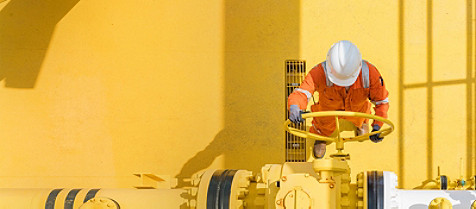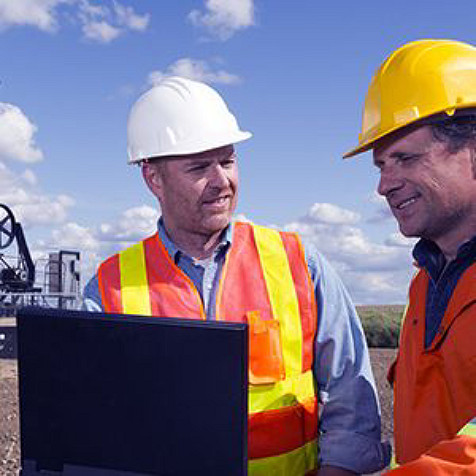What is oil and gas engineering?
Oil and gas engineering refers to the design, implementation and operation of technical processes focused on the exploration and production of crude oil and natural gas. Once oil and gas are discovered, oil and gas engineers become involved in the process of extracting these resources from reservoirs, often working with specialists such as geoscientists to understand the underlying rock formation, determine the best drilling methods and to monitor daily operations.
What are the business benefits of oil and gas engineering?
Oil and gas engineering helps energy companies find and extract oil and gas resources more efficiently, safely and sustainably. As such, oil and gas engineers evaluate energy reservoirs to help predict their profitability and examine potential drilling sites to plan efficient and safe drilling methods needed to recover energy assets.
Engineers increasingly rely on advanced digital technologies to work more effectively. Reservoir engineers for example use advanced analytics and big data to determine the optimum field development plan and drilling activities, thereby ensuring safety and efficiency. Completion engineers leverage artificial intelligence (AI) to coax the most oil or gas flows from the ground. And production engineers ensure productivity of wells and the oilfield. With digital solutions they can monitor production from across the globe remotely using advanced sensors and the Internet of Things (IoT).















